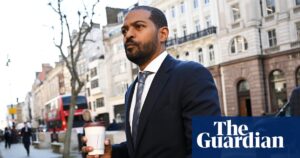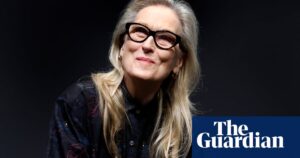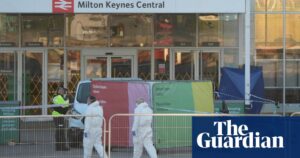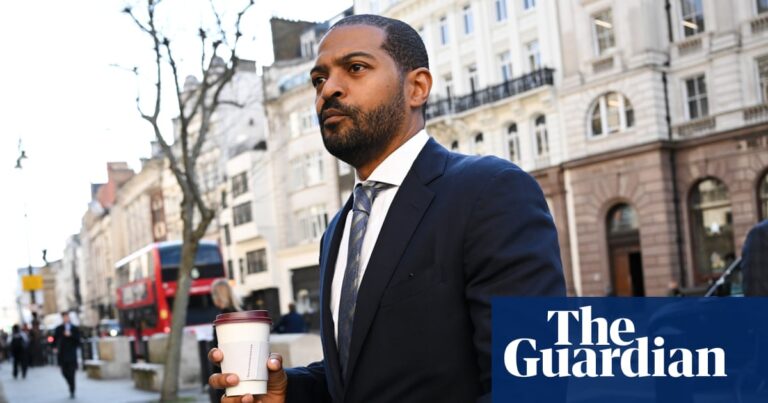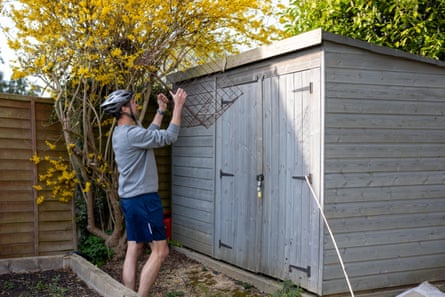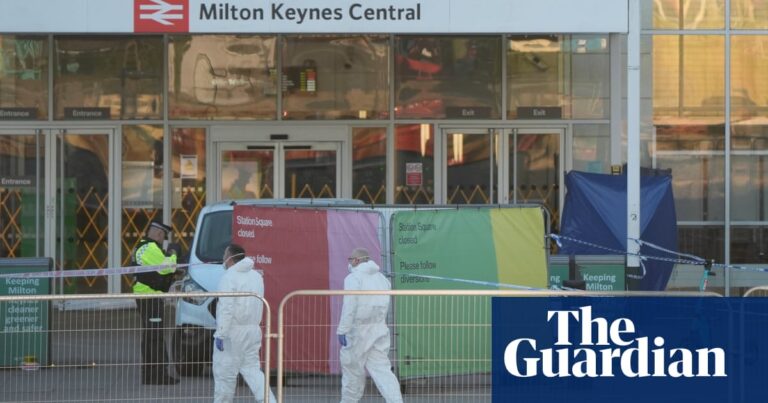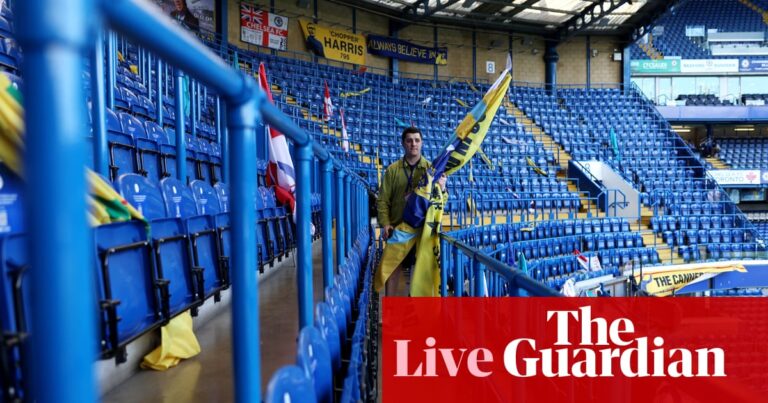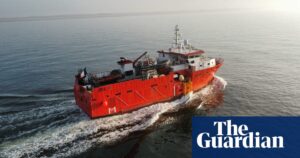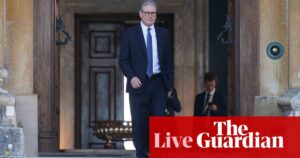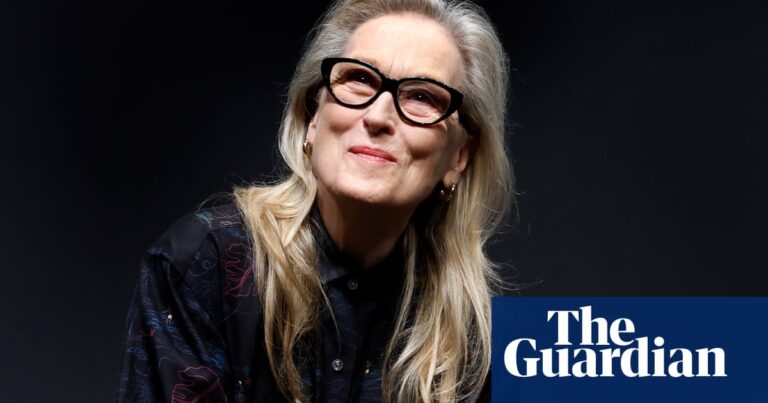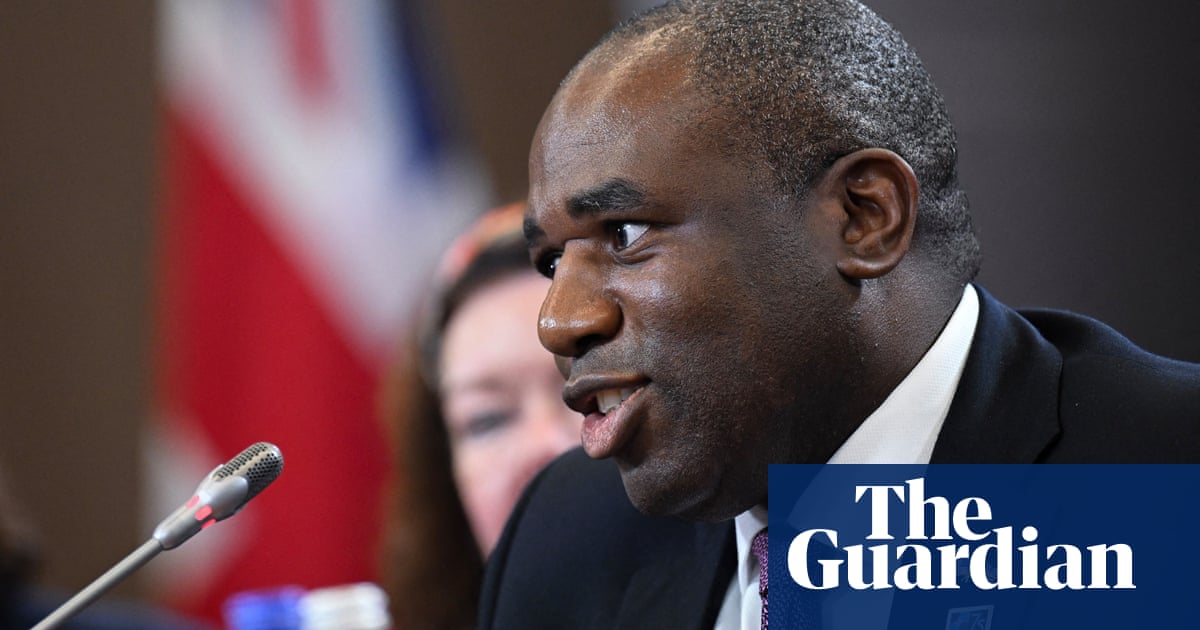
David Lammy has said he is already engaging with Donald Trump’s controversial running mate, JD Vance, and can identify with him because of their common working class and Christian backgrounds.
The British foreign secretary was speaking just hours after the possible future US vice-president reiterated his “America first” views, pledging to the Republican national convention (RNC) that he would not send US soldiers to war abroad unnecessarily.
“We will send our kids to war only if we must,” Vance said, signalling a significant policy shift for the US which has cemented its position as the defender of the world’s democracies ever since the second world war.
Vance has previously described Britain under Labour as the first “truly Islamist” country with a nuclear weapon.
Lammy told BBC Breakfast: “Let me just say on JD Vance that I’ve met him now on several occasions, we share a similar working class background with addiction issues in our family. We’ve written books on that. We’ve talked about that.
“And we’re both Christians so I think I can find common ground with JD Vance.”
He was speaking from Blenheim Palace, in Oxfordshire, before the fourth meeting of the European political community, a conference of 44 EU and non-EU leaders in the biggest gathering of European leaders in the UK in a generation.
Expanding on his views on Vance on BBC Radio 4, Lammy said he had started to discuss the US view on global defence at the security conference in Munich in February.
“Yes, he has had strong things to say about European defences, and he has had a point of view about Ukraine,” Lammy said. “That’s why I’ve been engaged with JD Vance for many, many months.”
Lammy, who is well known among Democrats in America, has been seeking to build bridges with senior Republicans in recent weeks, with mixed success.
The foreign secretary once called Donald Trump a “neo-Nazi sociopath” and “a tyrant in a toupee”, but has distanced himself from those comments as the US presidential election has approached.
More recently Lammy has spoken at conservative events in the US, telling the Hudson Institute in May that he “gets the agenda that drives ‘America first’”.
He has also made contact with Trump’s campaign manager, Chris LaCivita, though a report that the pair were in “daily contact” was described by LaCivita as “fake news”.
British officials are concerned Trump’s appointment of Vance as his running mate signals he is unlikely to continue US support for Ukraine in its war against Russia. Vance told the RNC in Milwaukee on Wednesday night: “Together we will make sure our allies share in the burden of securing world peace – no more free rides.”
after newsletter promotion
One senior European diplomat told the Guardian that Trump’s choice of running mate was “terrible news” for Ukraine, adding: “[Vance] is not our ally.”
Starmer is hoping to use the EPC summit to demonstrate Europe’s collective determination to support Ukraine, and to relaunch the UK on the European stage and reset relations with the EU after almost eight years poisoned by Brexit.
The summit will be attended by the Ukrainian president, Volodymyr Zelenskiy who, along with Starmer, will address the plenary session involving the 44 leaders as well as the Nato secretary general, Jens Stoltenberg, and the Council of Europe.
On Wednesday, the prime minister made his first move to reverse almost a decade of strained Anglo-Irish relations, hosting dinner with the taoiseach, Simon Harris, at Chequers.
He told Harris about his pledge to repeal the controversial Legacy Act, which offered immunity for Troubles-era crimes in Northern Ireland, and committed to an annual Anglo-Irish conference with a specific work-stream aimed at ironing out practical problems which can create drags on the neighbours’ relationship.
Attempting to damp down hopes in some quarters of a speedy recovery in the relationship with the EU, Lammy said the summit was about “starting a discussion” and “not negotiations”.
He reiterated the Labour party’s desire to improve the trade relationship, get a veterinary agreement which would allow for the freer export and import of farm products and a mutual agreement on professional qualifications.
On the issue of the war in Gaza he said the UK hoped to make a decision in the coming days on whether or not it would reinstate funding to the UN Palestinian refugee agency, Unrwa.
Source: theguardian.com



